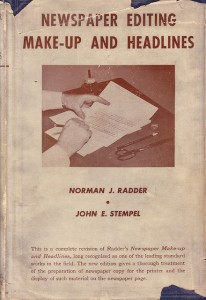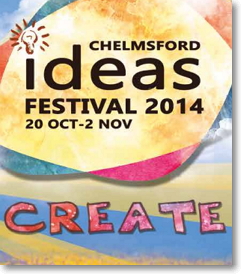
At this time of year everyone reflects a little on their progress in the previous twelve months, and more often than not, looks forward to the next twelve, with joy or trepidation depending on personal circumstance.
One factor of life that will not change is the ubiquity of the web and the range of services available for the owners of the right ‘machinery’, or for those who have access to it.
This journal is the product of Fellowship imaginations, but others are looking at the world and re-imagining news, reflection and analysis too. Below are some great ways that you can commit to developing knowledge and understanding, all at no cost…beyond that all important access to machinery!
Wonker – a complex news analysis engine:
![]() This is a brave attempt to develop and share knowledge and understanding about the critical social, economic and community development conflicts across the globe.
This is a brave attempt to develop and share knowledge and understanding about the critical social, economic and community development conflicts across the globe.
Just getting started, but with a vast task in front of them, Casey and Nick the creators of Wonker, risk burn-out or perhaps even take-over by mainstream news outlets if the concept becomes a raging success. The site currently offers analysis of the ISIS crisis and the Israeli/Palestinian conflict for example.
That said, even if you are a ‘policy wonk‘ already, the site offers a great way to get contextual analysis from outside your own professional field of endeavour. Alternatively, you can use your professional knowledge to contribute to the Q & A style presentation of Wonker.
As with all user contributed content, there are potential questions of political bias, Americo-centrism in this case or even propogandism as the site develops. It is however, we think, a brave attempt to make clear the complicated to either the disengaged or the distracted, one conflict at a time.
Highbrow – expand your knowledge universe, one email at a time…
Not a new concept on the literate web, but this service is nicely presented for those who have just five minutes a day over ten days to become acquainted with a new field of study, one email at a time.
![]() It’s not particularly clear on their web site, but you are constrained to one ten day course subscription at a time. Presumably to prevent burn-out or ‘knowledge fatigue’?
It’s not particularly clear on their web site, but you are constrained to one ten day course subscription at a time. Presumably to prevent burn-out or ‘knowledge fatigue’?
You can choose your starting date, in order to manage the light work-flow from the beginning. Courses you can choose from cover such topics as art, history, philosophy and psychology, amongst others.
It will be interesting to see the content as it develops over time, as the delivery is heavily dependent upon TED talks at the moment. Worth checking out, either as a refresher in a busy email day, or as context to develop a new interest.
Don’t forget The RSA…
If video access to fresh thinking is your mode of learning, then the RSA has a long history of offfering its audience the most topical material from thought leaders of the day.
The RSA can offer you a whole range of video talks and presentations from some great thinkers. The example below is one such. The need for a revolution in education, breaking the political and social bounds of the mind to create new worlds. (Makes me breathless just reading this…Ed.)
Debra Kidd argues for the creation of ‘architects of hope’ for young people. A powerful ambition and an idea well worth spreading. One interesting observation Debra makes is that individuals need to know what they are voting for and how the solutions offered by the political machinery are tinkered with by the self interest of the elected representative.
See this original video on YouTube here.
Knowledge, context and critical thinking are key. With a tsunami of information crashing over us, the tools and resources above can help with process, we would argue.
See a catalogue of RSA videos here…
Happy New Year.
Headline photo credit: Bill on Capitol Hill via photopin cc




